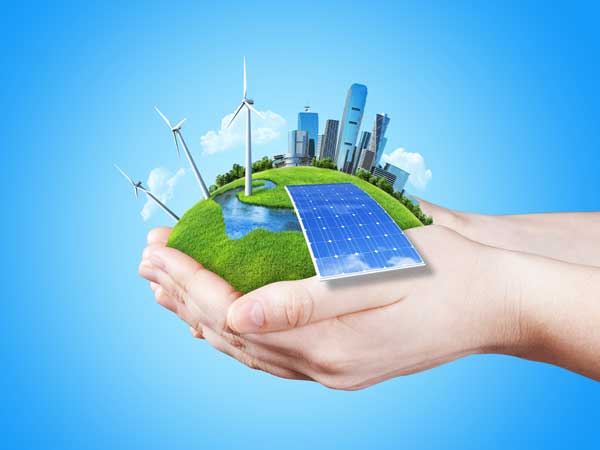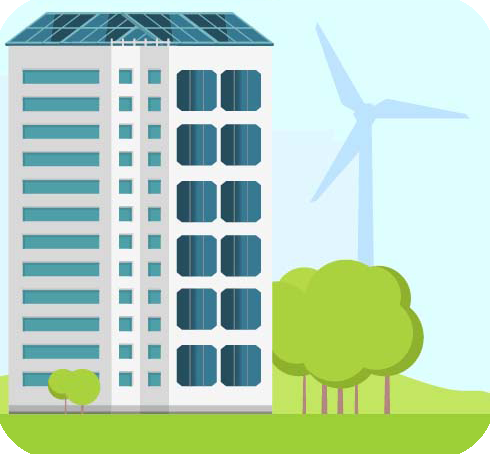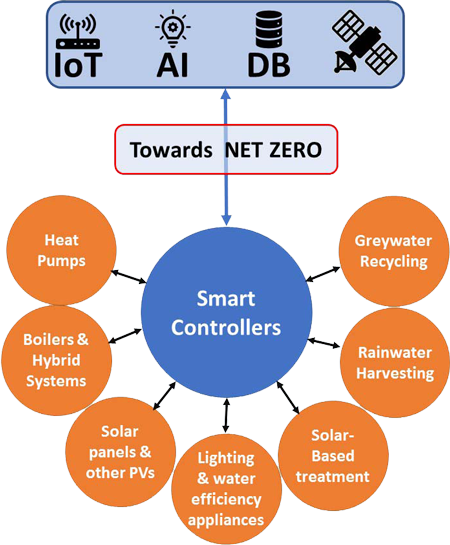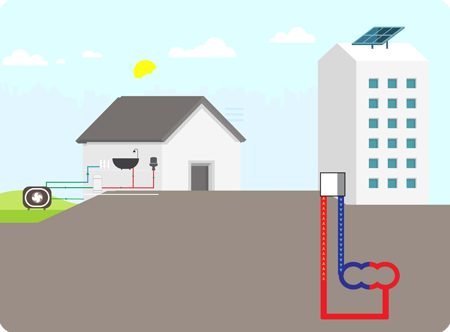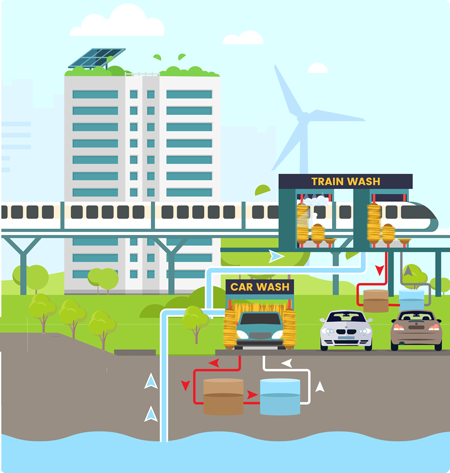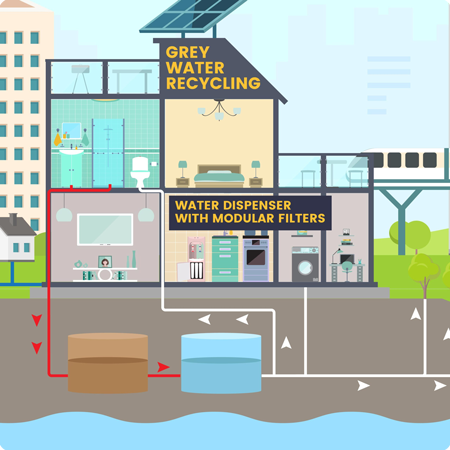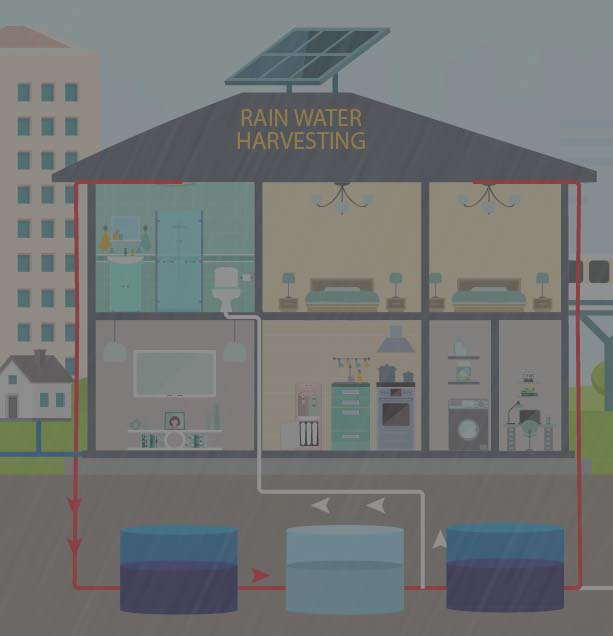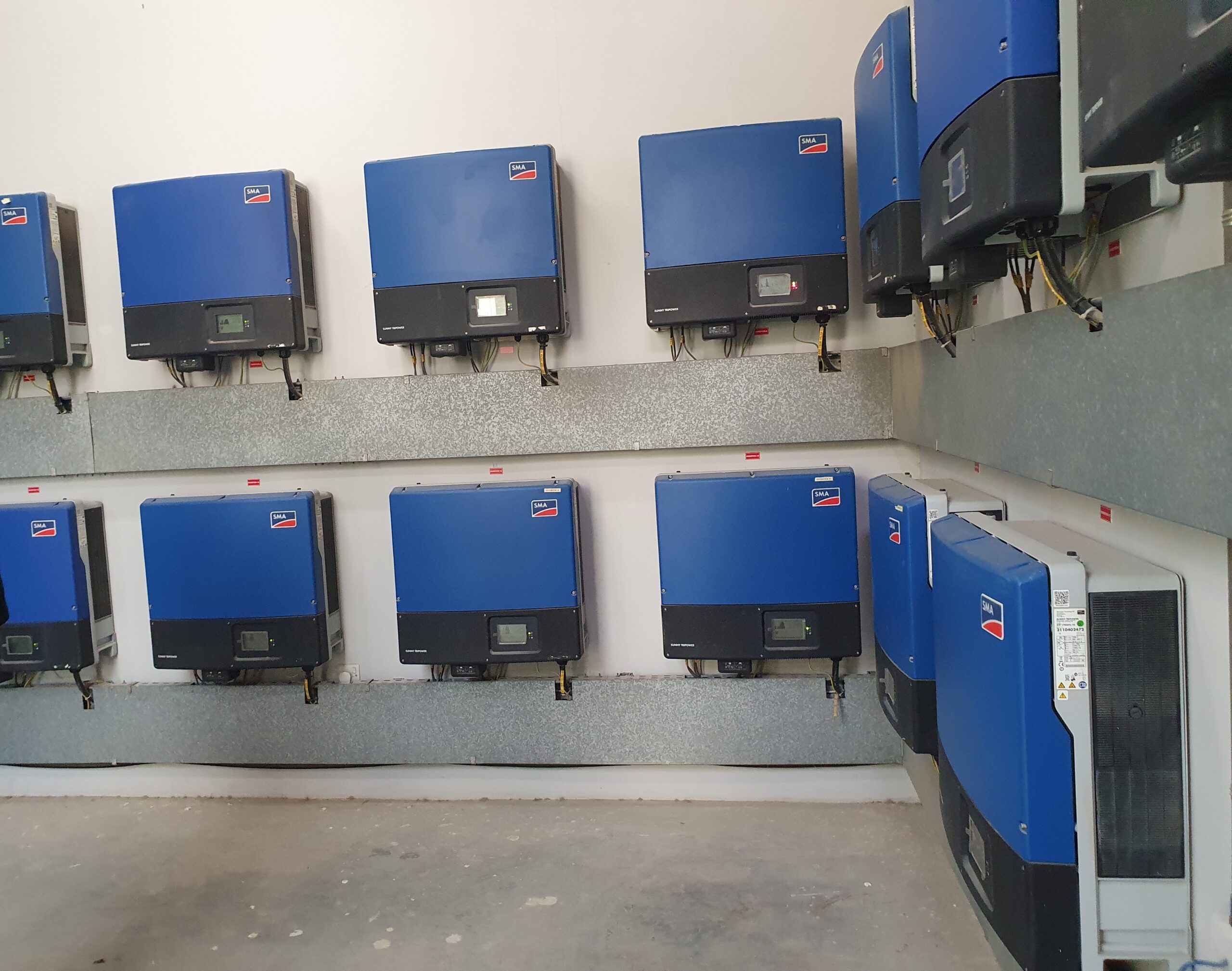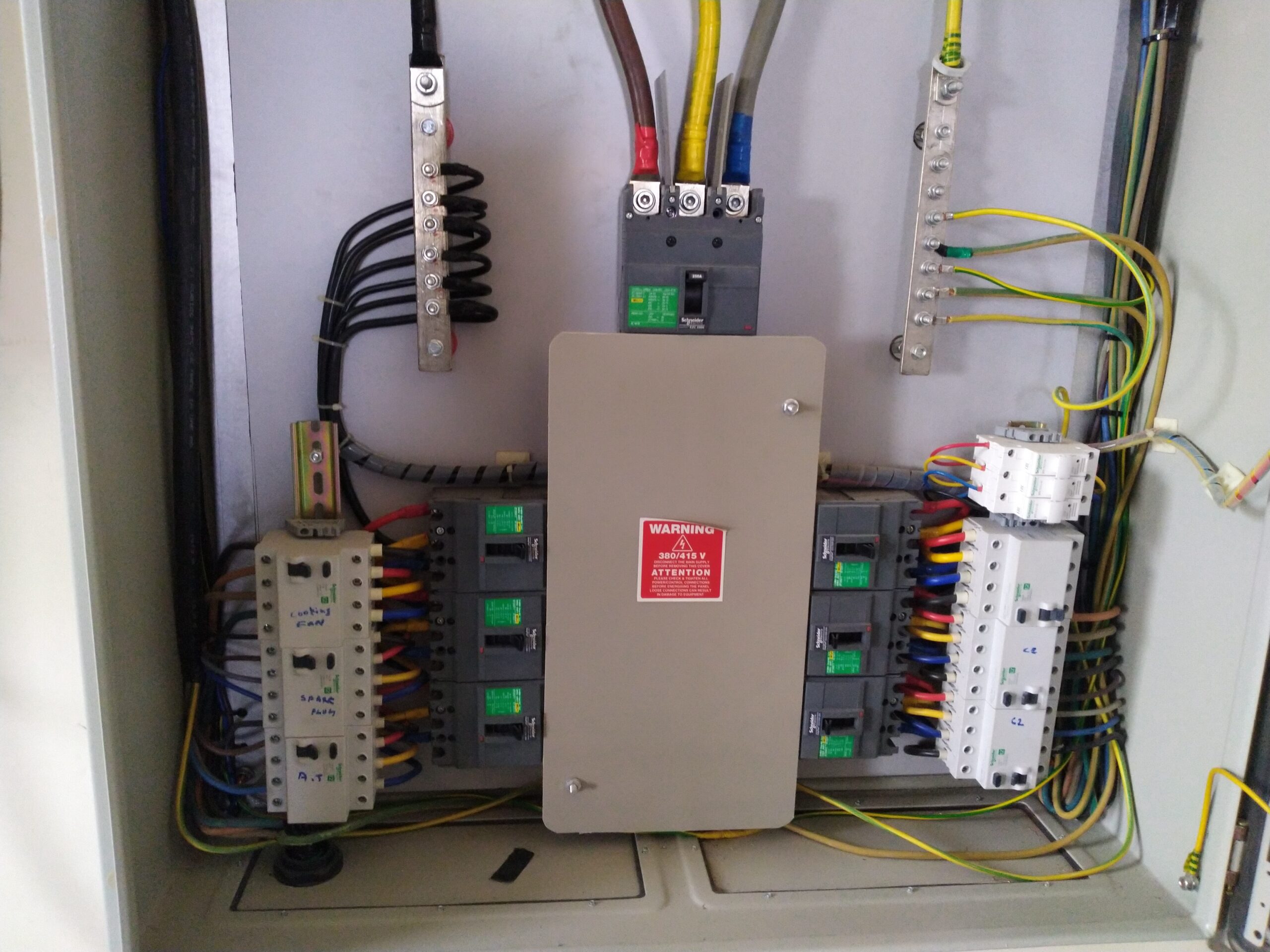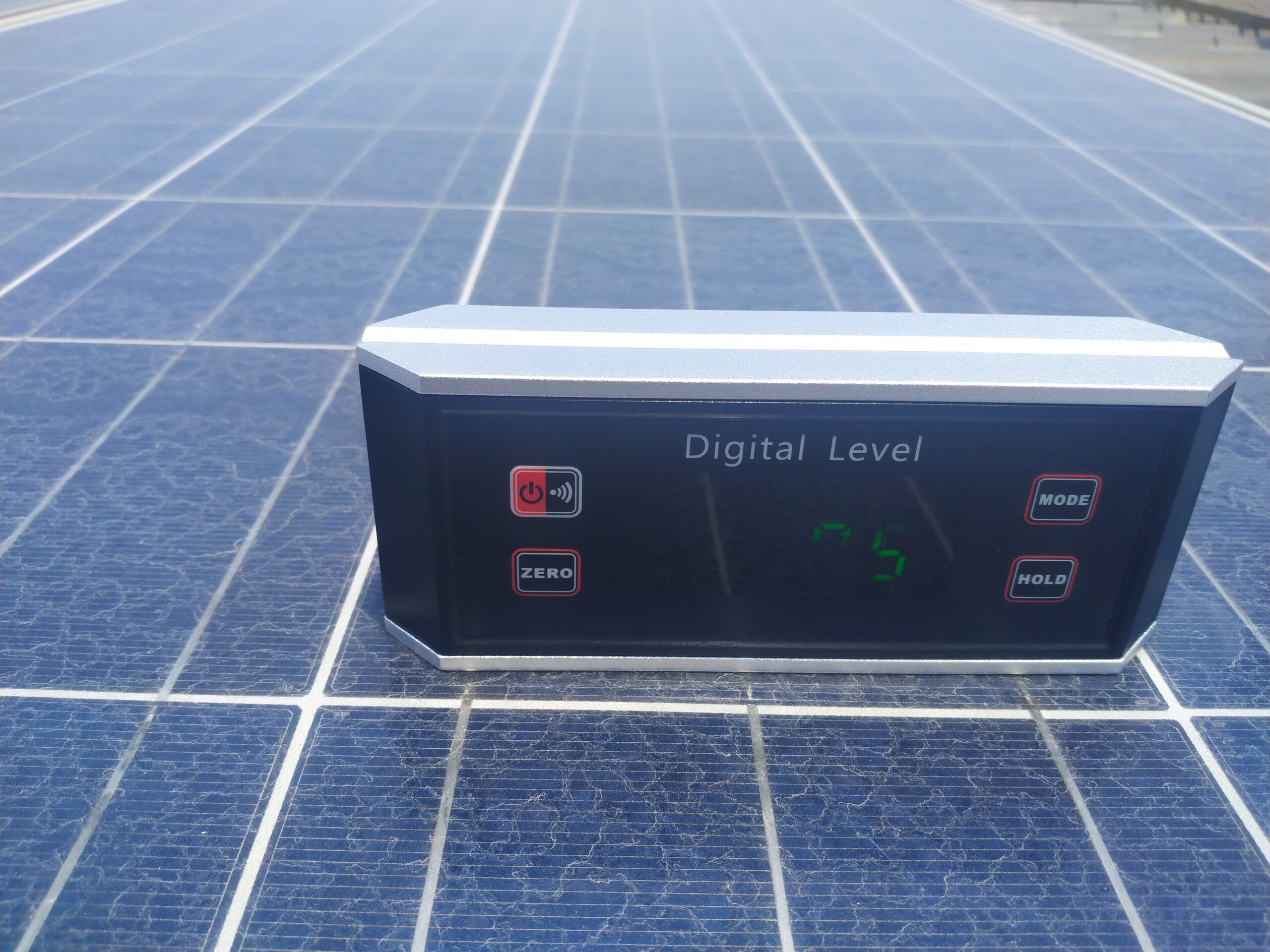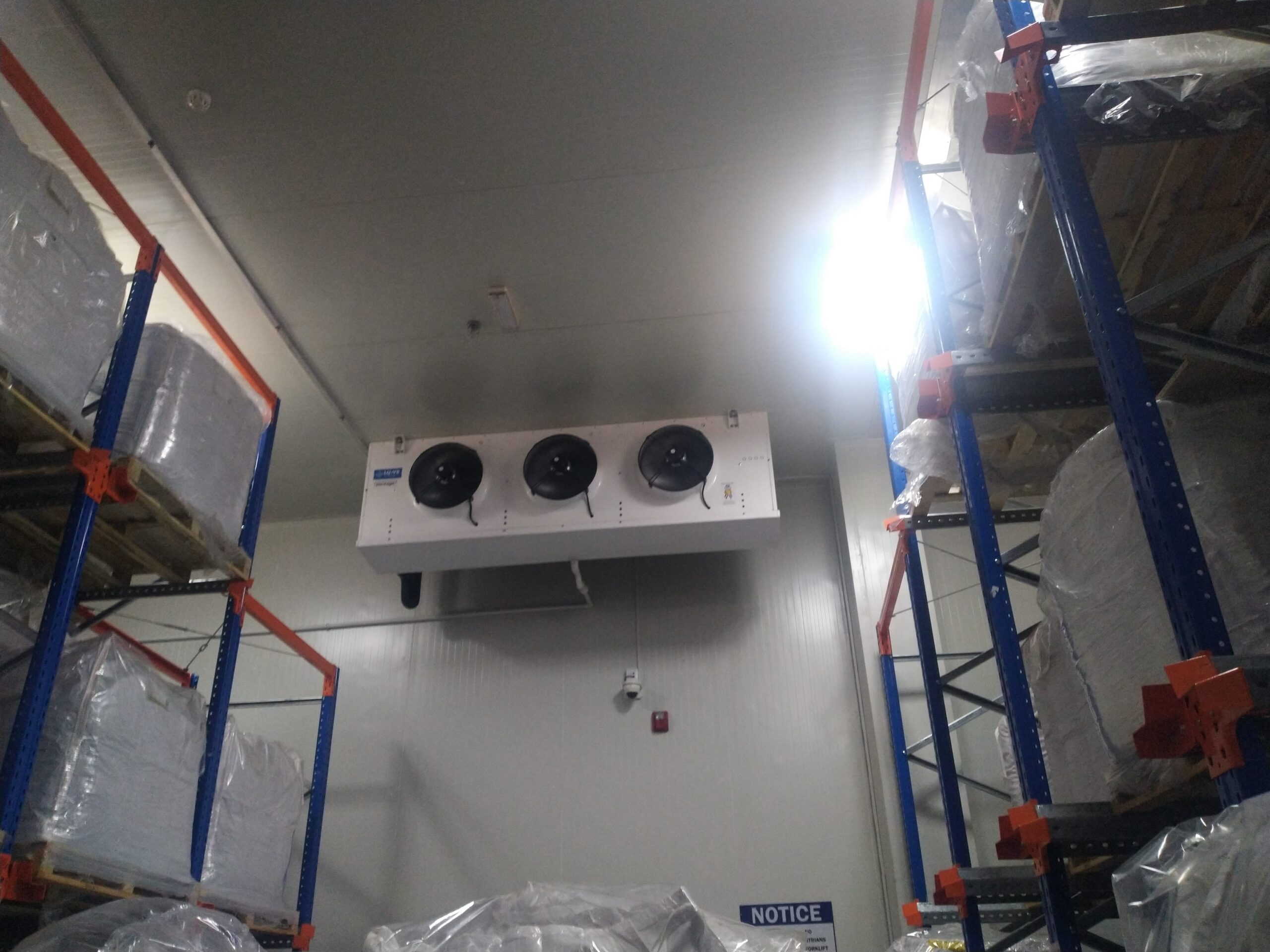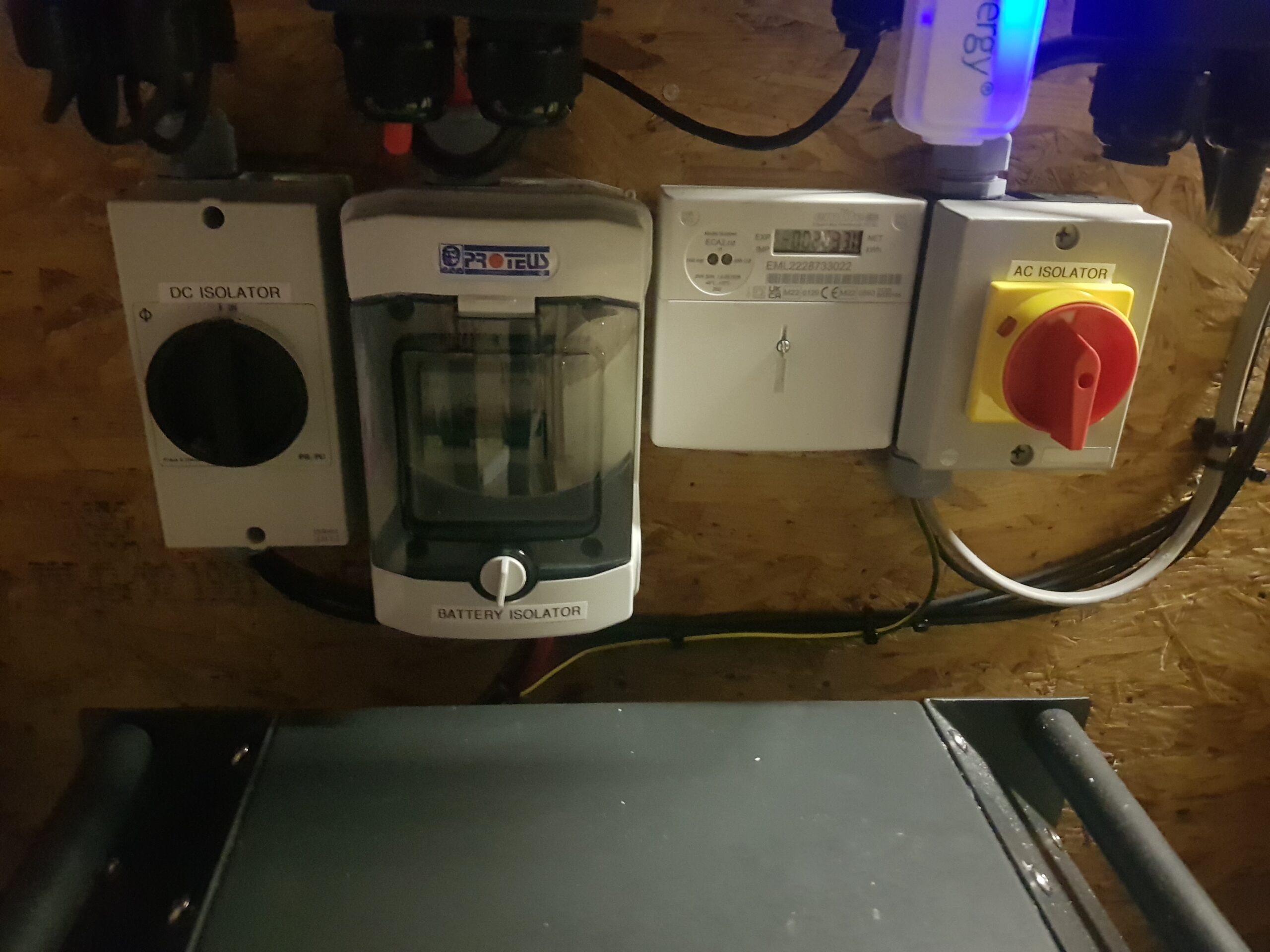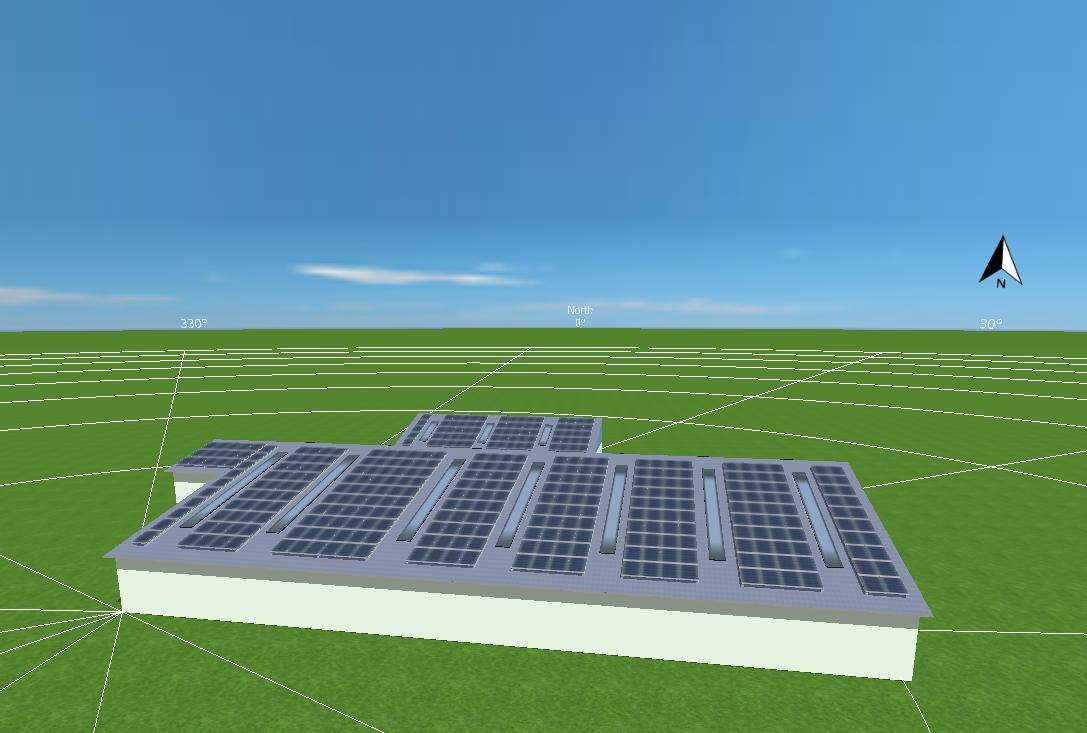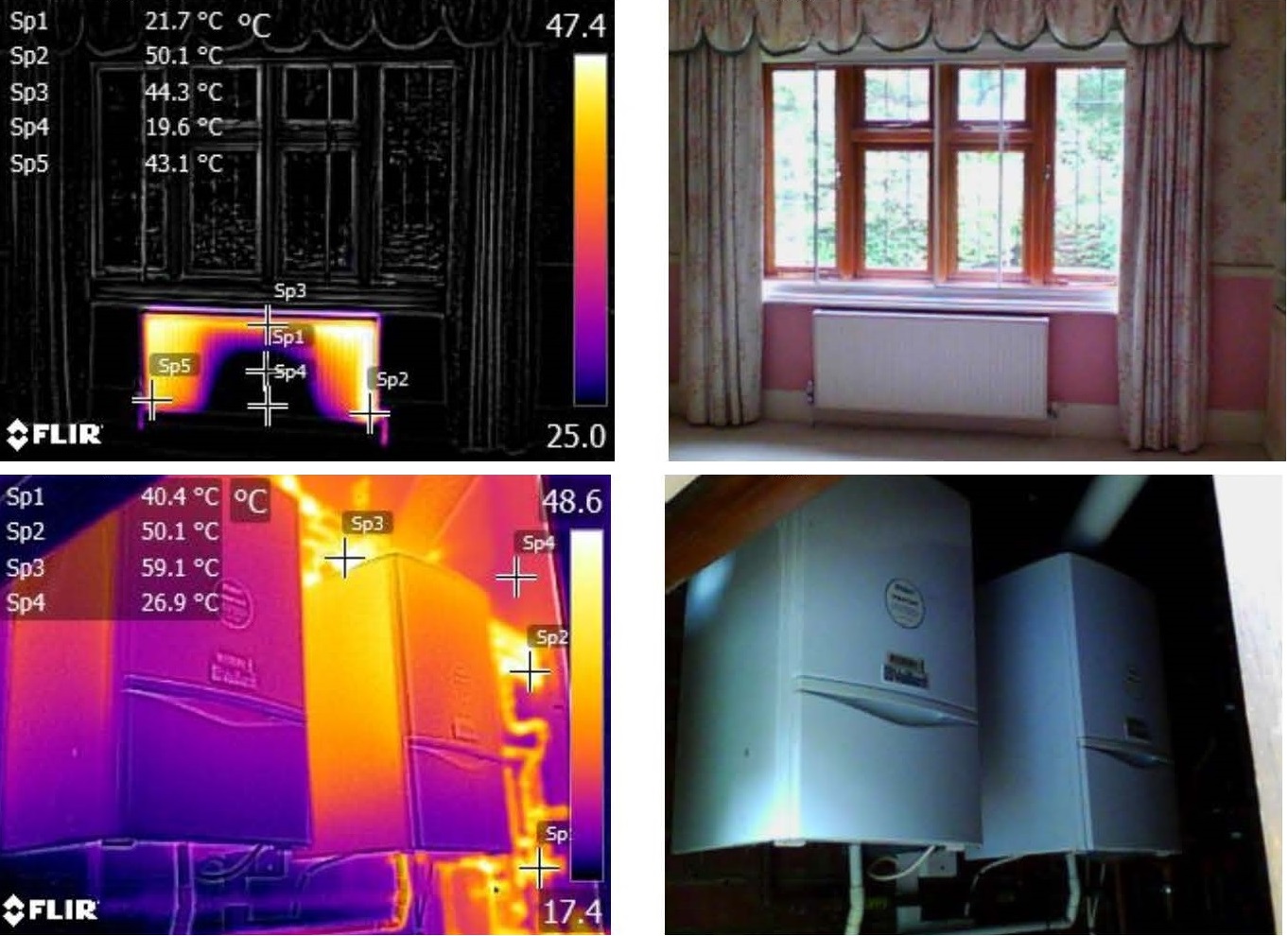Sustainability is a key for the future of our planet.
We are dedicated to helping preserve our planet by developing state-of-the-art water recycling and energy saving solutions. Request a Free Consultation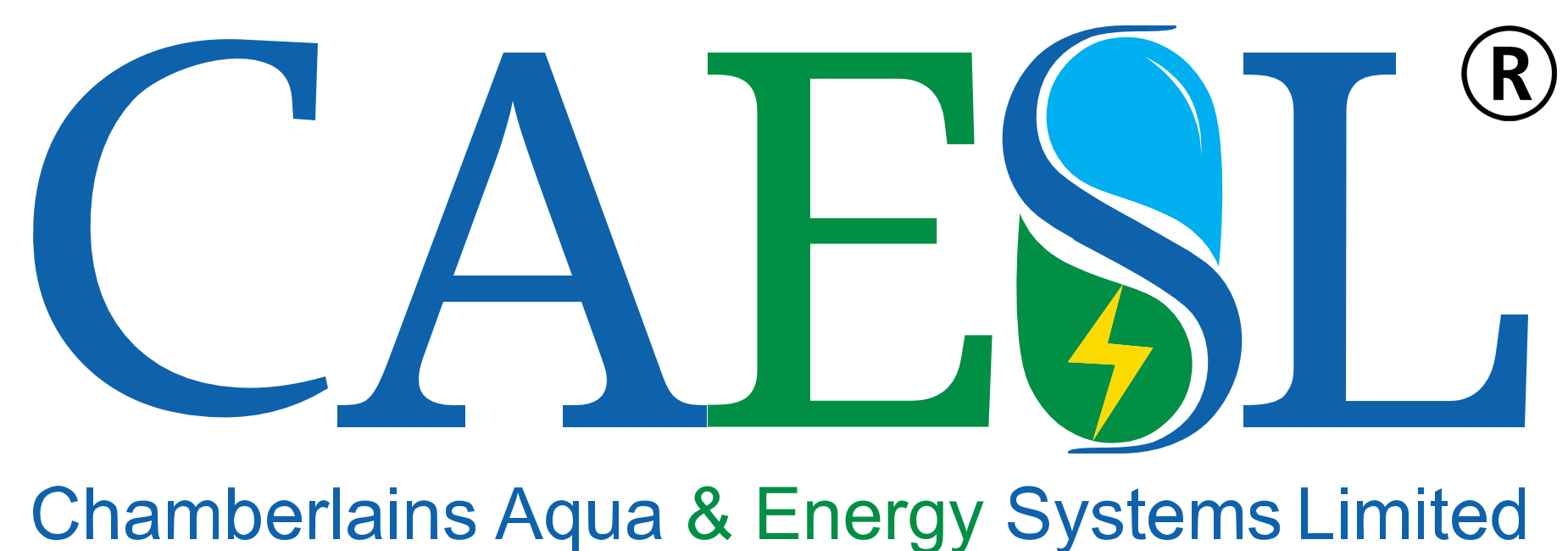
We are an innovation-driven company based in Southampton, developing state-of-the-art water recycling and energy saving solutions. Our Team is very experienced in the development of advanced sustainable solutions for buildings and developments, with a view to support the world leaders’ goal of NET ZERO cities and products. We have a team of distinguished designers and consultants (from both industry and academia) who are specialised in designing, developing and identifying sustainability solutions for buildings of different sizes and purposes. For each project, we develop tailored sustainability solutions with the highest possible water and energy efficiency at lowest possible costs.
Our Services
Energy & water efficiency and sustainability are considered high-impact and fast-growing fields but, for many, how to overcome the issues associated with these fields remains unspecified and uncertain. We are here to support you through your journey of getting more sustainable and contributing to the world leaders’ goal of NET ZERO and Blue-Green Cities.
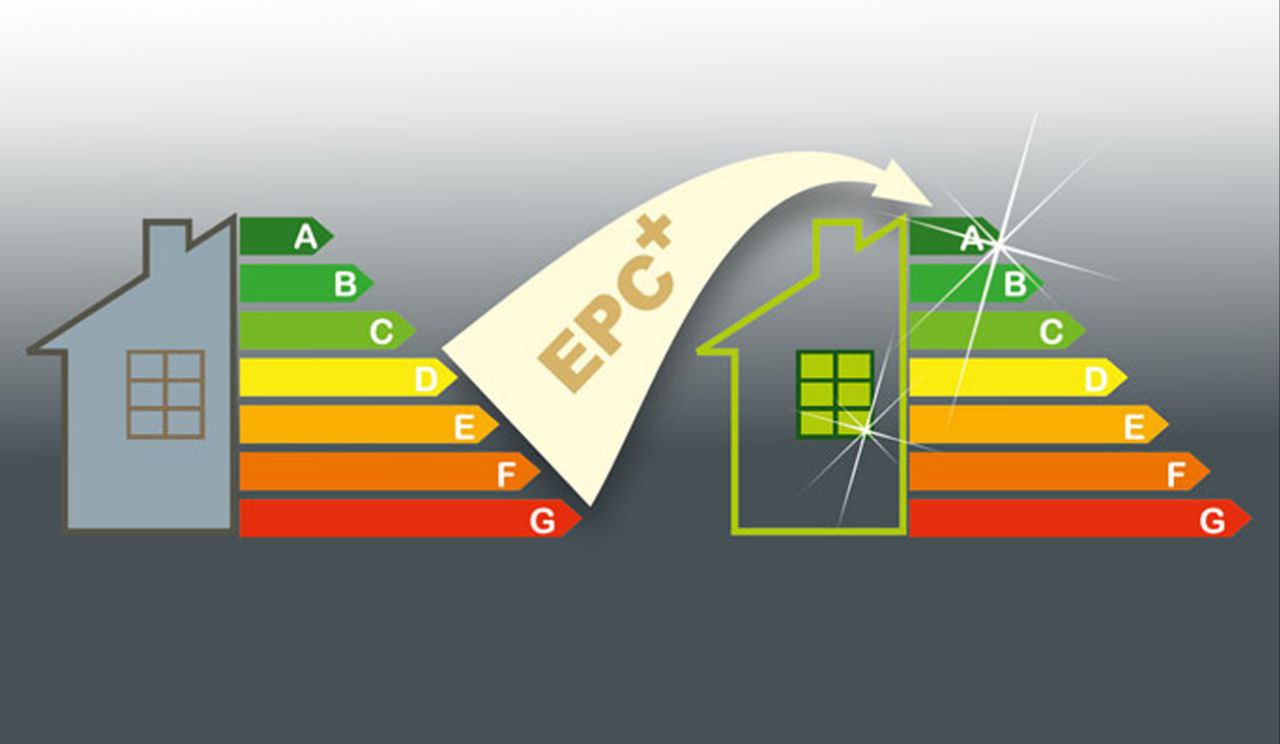

EPC⁺
EPC⁺ is a concept developed by CAESL in which we assess both energy and water performance of buildings. EPC⁺ identifies tailored sustainability solutions using Artificial Intelligence, leading up to 55% of energy and water savings. EPC⁺ is suitable for residential and non-residential buildings.
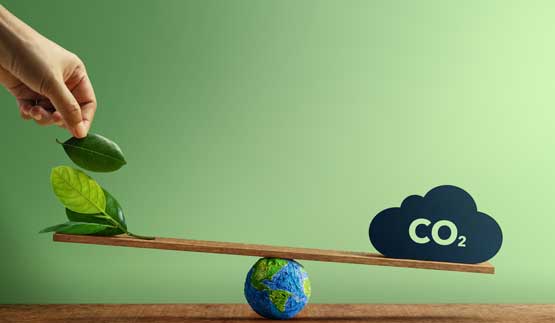

Route to Net Zero
Becoming carbon neutral is not only good for the environment, but it can also help with your profitability. Our ‘Route to Net-Zero’ service helps clients manage their short-term and long-term carbon footprint reduction targets and develop strategies to limit the impact on climate change.
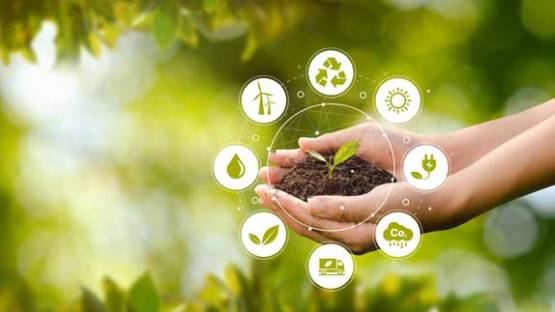

ESOS, ISO 50001 and ISO 50002
ESOS, standing for “Energy Saving Opportunity Scheme”, is an essential UK legislation that imposes obligations on large organisations. Failure to comply with ESOS can lead to substantial fines. To fulfil ESOS requirements, eligible organisations can choose one of two routes: (1) ISO 50001; and (2) ISO 50002.
Energy Solutions
Water Solutions
CAESL’s Inventions
Overview of CAESL’s Inventions
As an innovation-driven group, CAESL is on a mission to offer unique, state-of-the-art water and energy solutions. As an experienced team with a background in developing advanced sustainable solutions for houses and buildings, we have a view to supporting the world leaders’ goal of NET ZERO cities and products. We have a team of distinguished designers and consultants (from both industry and academia) who are specialised in designing, developing, identifying, and or creating innovative solutions.
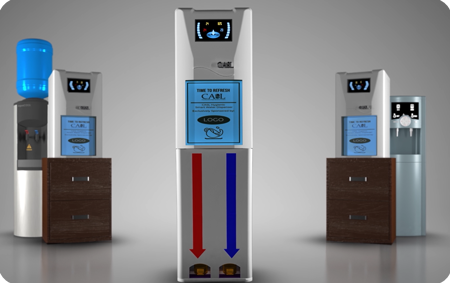

Smart Water Dispensers
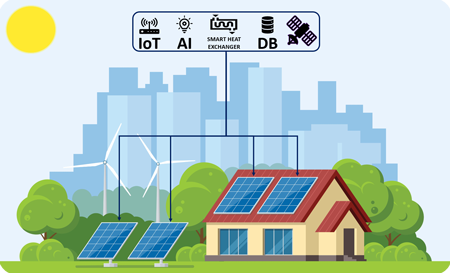

Smart Solar Panels
CAESL’s Projects
Overview of CAESL’s Projects
As a leader in the field of energy and water efficiency, CAESL stands at the forefront of addressing the multifaceted challenges of today’s world. Our commitment is to harness these challenges as catalysts for innovation and sustainable growth. Aligned with our vision of contributing to the global aspirations of Decarbonisation and NET ZERO, we embark on a journey with our customers to achieve significant savings in energy and water consumption, fostering the development of Blue-Green Cities. Our team, enriched with extensive academic, industrial, and business expertise, is devoted to devising solutions that are not only cutting-edge and practical but also sustainable and eco-friendly. We take pride in our specialisation across various sectors, encompassing commercial and residential buildings as well as industrial processes, with a keen focus on achieving the highest water and energy efficiency at the most optimised costs.
Sectors


Commercial
Sustainability management is about improving your business performance and longevity.
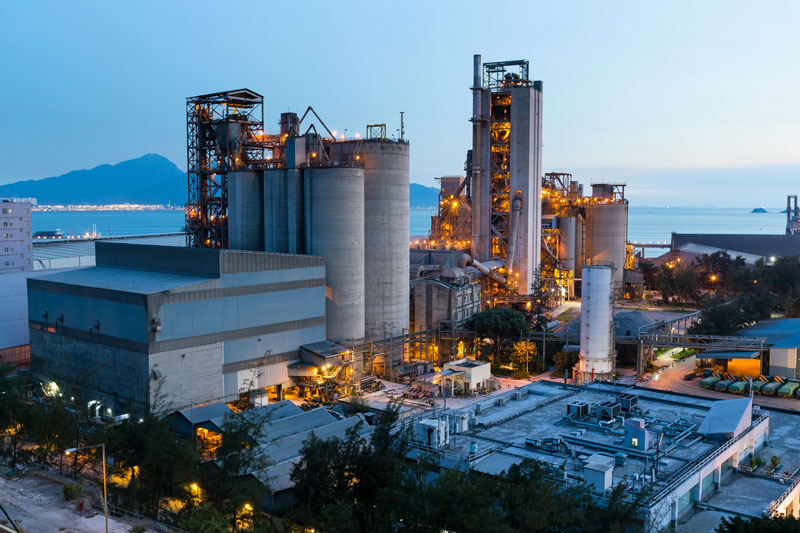

Industrial
Most successful industrial companies are employing innovative sustain-ability practices, resulting in real competitive advantages. Contact us to learn more.


Retail
In the current climate, many retailers are re-evaluating their strategies and investments in order to remain sustainable. Contact us to learn more.


Super Market
Sustainability in supermarkets continues to increase globally. Find out how you can prepare for the upcoming regulations. Contact us to learn more.


Agriculture
The goal of sustainable agriculture is to provide for the needs food and textiles in a manner that does not damage or harm our environment. Contact us to learn more.
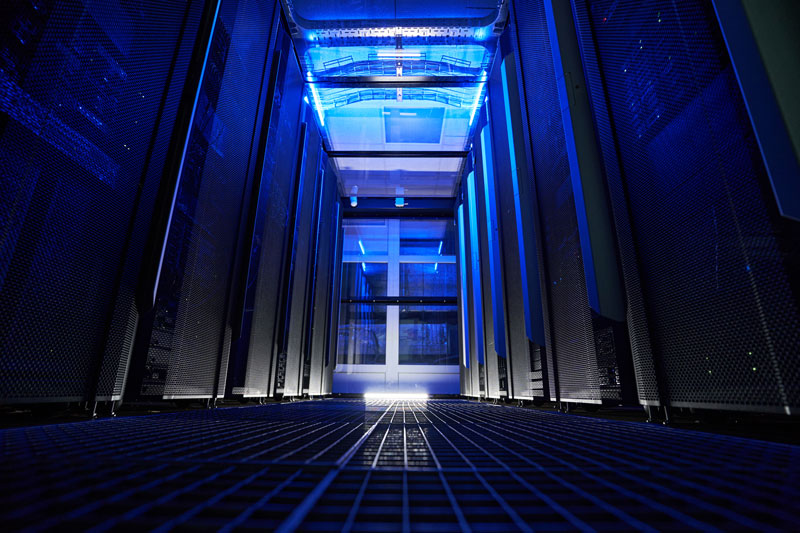

Data Centre
The data centre of the future will be powered by renewable energy and have a carbon-free footprint. Are you ready to take steps towards meeting Net Zero Carbon?
Frequently Asked Questions
What does sustainability mean in a business?
Sustainability is not just about the environment. It is about the business, as well.
A sustainable business is one that can ensure that it will continue to be successful in the future. This means that it has a long-term plan and a company culture that values sustainability.
It also means that they have a commitment to their employees, customers, and society at large.
The goal of sustainability is to make sure the business can be profitable in the long term while also protecting our environment for future generations.
What are the pillars of sustainability?
Sustainability is the act of living in a way that does not use up the resources at a rate faster than they can be replenished.
There are three pillars of sustainability: environmental, economic and social.
Environmental sustainability is about sustaining our natural resources like air, water, soil, and energy sources.
Economic sustainability is about sustaining our financial resources by being financially stable enough to keep going without running out of money.
Social sustainability is about sustaining our human resources by providing them with the right opportunities and conditions to live happy and healthy lives.
Why is it important to be sustainable?
In the past few years, there has been a big focus on sustainability. Numerous organisations have come up with innovative ways to reduce their carbon footprint and make a positive impact on the planet.. This trend is especially visible in the clothing, architecture, packaged goods, energy retail and life science industries.
What does sustainability mean in a business?
Sustainability is not just about the environment. It is about the business, as well.
A sustainable business is one that can ensure that it will continue to be successful in the future. This means that it has a long-term plan and a company culture that values sustainability.
It also means that they have a commitment to their employees, customers, and society at large.
The goal of sustainability is to make sure the business can be profitable in the long term while also protecting our environment for future generations.
How can I measure my company's environmental sustainability?
The first step to measuring the sustainability of a company is to identify the various environmental impacts that it has. These include the impacts on climate, water, biodiversity and natural resources.
The next step is to measure these impacts and determine their severity.
The final step is to evaluate solutions that would mitigate the impact of these environmental issues.
Get In Touch
Are you interested in learning more about our solution and services? If so, get in touch with us today. We would be happy to discuss our offerings with you in detail and answer any questions you may have.
info@caesl.co.uk
info@chamberlainsaqua.co.uk
+44 23 8111 2562
+44 333 090 5339
50 The Avenue Southampton SO17 1XQ UK
Looking for a sustainable initiative?
Sign up with us today for getting latest update for future references and exciting offers
